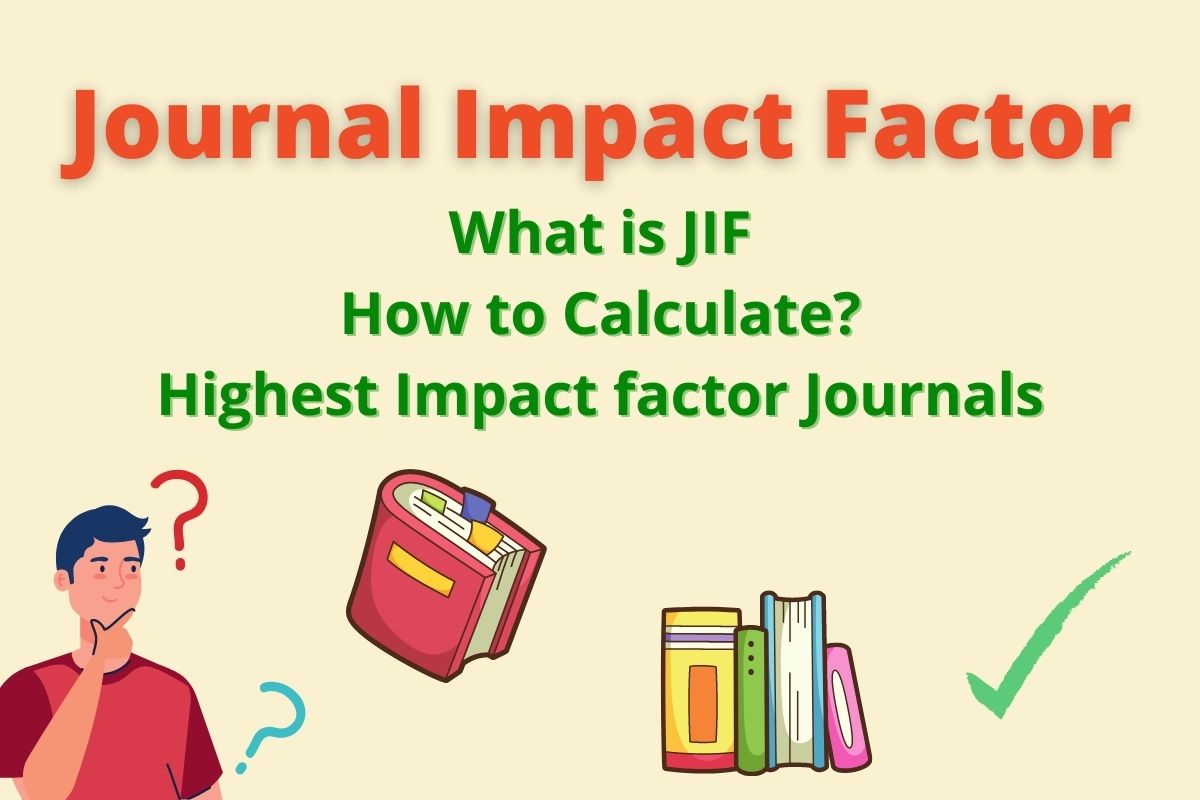
Journal Impact Factor: Facts, Calculation and more
The IF is calculated by taking (1) the number of times all items published in Journal X over a two-year period (e.g., 2012 and 2013) are cited by other Web of Science–indexed publications in the following year (2014 in this case) and (2) the number of citable items published in Journal X in that same two-year period. Then the math is performed: 1 divided by 2. The resulting number is Journal X’s 2014 IF, which the journal will receive in 2015, usually in June. The IF is the average number of citations received by each article published during that particular two-year period.
The IF is calculated by taking (1) the number of times all items published in Journal X over a two-year period (e.g., 2012 and 2013) are cited by other Web of Science–indexed publications in the following year (2014 in this case) and (2) the number of citable items published in Journal X in that same two-year period. Then the math is performed: 1 divided by 2. The resulting number is Journal X’s 2014 IF, which the journal will receive in 2015, usually in June. The IF is the average number of citations received by each article published during that particular two-year period.
CA- A Cancer Journal for Clinicians | 435,4.
Natural Review Materials | 123,7.
Quarterly Journal of Economics | 22,7.
Nature Reviews Genetics | 73,5.
Cell | 58,7.
Journal of Political Economy | 12,1.
New England Journal of Medicine | 66,1.
Econometrica | 8,1.
ACS Nano
Advanced Science
Journal of Engineering Education
Small
Research Policy
Suggested readings:
Recommended readings:






